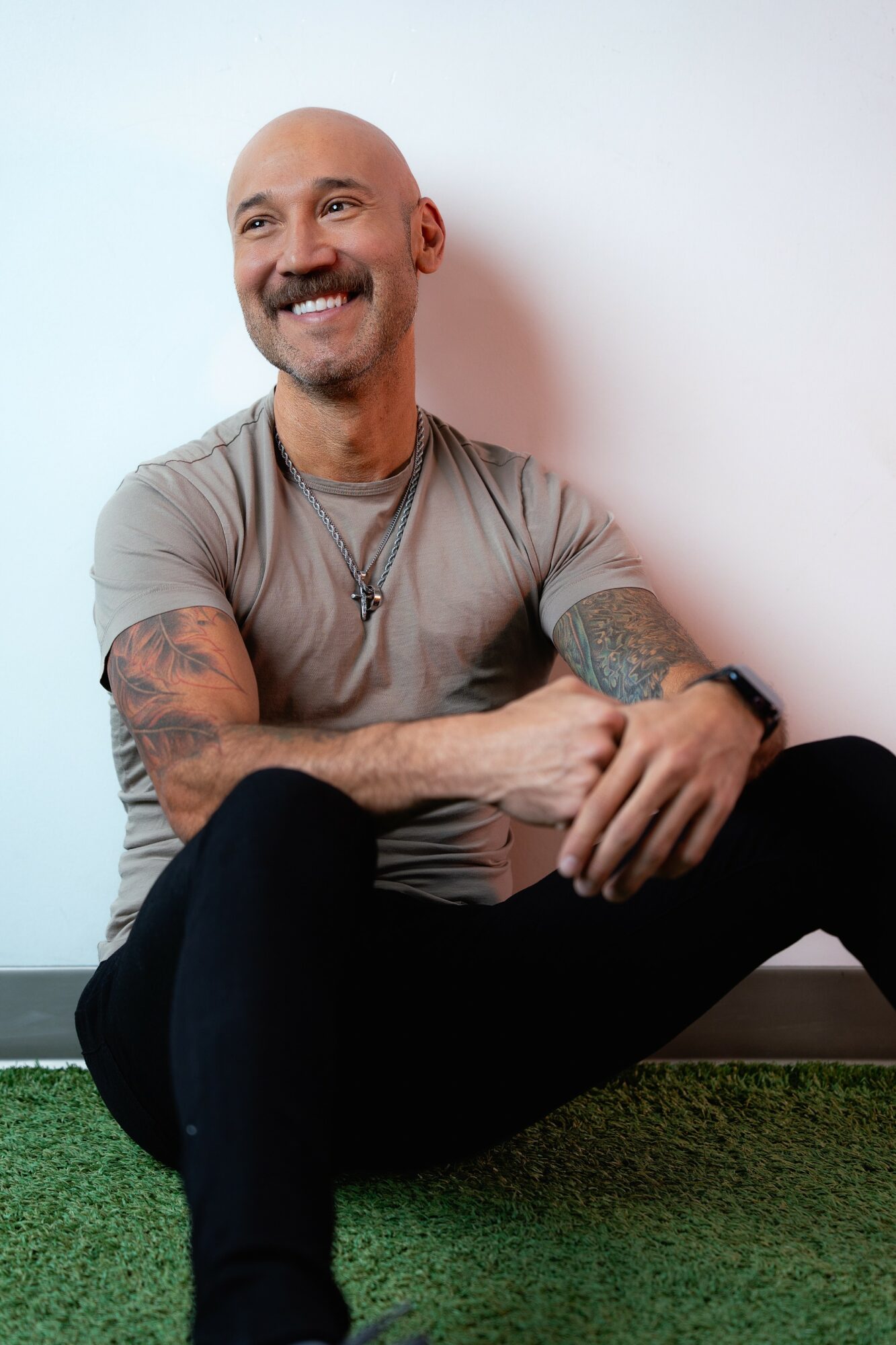

We’re looking forward to introducing you to Dr. Roy Rivera PT, PhD, DPT, MCHES. Check out our conversation below.
Roy, we’re thrilled to have you with us today. Before we jump into your intro and the heart of the interview, let’s start with a bit of an ice breaker: What are you being called to do now, that you may have been afraid of before?
Elation Physical Therapy has been serving the Greater Houston community for over 10 years. When I first opened our doors, I knew I wanted to create an inclusive space where everyone could feel safe and seen, especially individuals in the LGBTQ+ community. However, as a new entrepreneur and small business owner, I was afraid to speak too openly about the specialty rehabilitation services we offer for LGBTQ+ patients, particularly those recovering from gender affirming surgeries. I worried that being out and so direct might turn some people away. And honestly, it did. I lost patients.
This was a blessing in disguise, however, because over time I realized that what I gained was far more important. I gained trust from a community that has often been ignored or mistreated in healthcare. I gained a team that believes in this mission. Most importantly, I gained clarity that being true to myself and to my community is not just the right thing to do; it’s the reason Elation Physical Therapy exists and continues to be a safe space for all individuals recovering from physical disabilities.
As I continued working with patients, I started to notice patterns. The same issues that showed up in healthcare settings, e.g. lack of understanding, exclusion, bias, etc., were also showing up in workplaces. Patients would tell me about being misgendered at work, being afraid to come out to their coworkers, or navigating systems that weren’t built with them in mind. That’s what inspired me to create inclusivIQ, a training, consulting, and communication platform that helps organizations build truly inclusive environments for LGBTQ+ professionals and their allies.
inclusivIQ provides research-backed education and strategy to support workplaces in going beyond diversity checkboxes. It focuses on real equity, belonging, and safety for LGBTQ+ individuals at all levels of an organization.
This is the next step in my purpose, not just to heal people physically, but to help create conditions where they can thrive which ultimately leads to a better quality of life.
Can you briefly introduce yourself and share what makes you or your brand unique?
My name is Dr. Roy Rivera, Jr., and I’m a Latinx physical therapist, author, and advocate for inclusive healthcare. I’m originally from the Texas Rio Grande Valley and moved to Houston in 2003 to pursue my education and career in physical therapy. What started as a journey to become a healer evolved into a life’s mission to create spaces where all people, especially those in the LGBTQ+ community, feel safe, respected, and empowered.
I’m the founder and CEO of Elation Physical Therapy, a dually Certified Minority and LGBT Business Enterprise® that’s been serving the Greater Houston area for over 10 years. We’re known for our specialized rehabilitation programs catering to LGBTQ+ individuals and those recovering from gender affirming surgeries, but more than that, we’re known for showing up for our patients with compassion and cultural humility.
I also recently launched inclusivIQ, a software technology platform designed to help organizations build truly inclusive workplaces for LGBTQ+ professionals and allies. This work is informed by my experiences in healthcare, but also by what I’ve heard from patients and community members who continue to navigate environments that weren’t built with them in mind.
In addition to running two businesses, I serve on the Board of Directors for the Greater Houston LGBTQ+ Chamber of Commerce. I’m also the author of “Shantay You Stay: A Healthcare Provider’s Guide to LGBTQ+ Inclusive Practices” and “Lorenzo’s Big Dream”, a children’s book that encourages kids to celebrate their uniqueness.
At the core of everything I do, whether it’s in the clinic, the boardroom, or the classroom, is a desire to create access, belonging, and dignity for people who are too often overlooked. That’s the heart of my story and the heart of the work I’m doing now.
Okay, so here’s a deep one: What’s a moment that really shaped how you see the world?
One of the most defining moments of my career happened while I was working for a large hospital system in Houston. I had already earned a bachelor’s, a master’s, a Doctorate of Physical Therapy, and a PhD in Health Studies. I had nearly a decade of clinical experience and was passionate about growing into a leadership role. However, when I met with my direct supervisor and expressed interest in doing so, I was told that I wasn’t “leadership material.”
At first, I questioned myself. I wondered what I had done wrong or what I had missed. But deep down, I knew the truth. It wasn’t my credentials or my performance holding me back. It was my identity. I didn’t fit the mold of what leadership looked like in that space, not because I wasn’t capable, but because I was a queer Latinx man who refused to hide that fact to make others more comfortable.
That conversation instantly changed the way I see the world. Before then, I believed that working hard, being qualified, and doing the right thing would be enough, but I came to understand that systems are not always designed to recognize or reward people who challenge the status quo. I realized that merit is not always what moves people forward. Sometimes, it is conformity.
Instead of letting that moment diminish me, I used it as fuel. I left the system, depleted my retirement account, and founded Elation Physical Therapy. I didn’t just want to start a clinic. I wanted to build a radically inclusive space where patients and providers could be seen, heard, and respected. Elation Physical Therapy became my way of leading with purpose, not permission.
That experience also planted the seed for what would eventually become inclusivIQ. I realized the same barriers I had faced were showing up in my patients’ lives, especially in their workplaces. People were being misgendered, overlooked, and excluded by systems that were never built with them in mind. inclusivIQ was created to address that gap and to help organizations build environments where LGBTQ+ professionals and allies could thrive.
How do I see the world now? I see it more clearly. I understand the quiet ways people are pushed out and the power of creating spaces that pull them back in. My purpose is no longer just about providing care; it is about creating change.
Was there ever a time you almost gave up?
Yes. There was a time I almost gave up, and it had nothing to do with my ability as a clinician. It had everything to do with what was happening in my personal life.
When I opened my first practice, I was also going through a painful divorce after a fourteen-year relationship. I was starting a business from scratch with no real blueprint, supporting my daughter, paying employees, managing bills, and trying to keep my head above water. There were days when I felt like I was sinking. Quietly, I started questioning everything. Maybe my old boss was right. Maybe I really wasn’t leadership material. Maybe I should go back to the corporate world and play it safe.
As much as I questioned everything about becoming a small business owner, something in me wouldn’t let go. I had already left behind a system that didn’t see me for who I was. I couldn’t give up on the chance to build something that did. I kept going. Some days just meant keeping the lights on and making it to the next one.
Then, seemingly out of nowhere, I got a call from Legacy Community Health. They wanted to know if I could take physical therapy referrals for patients living with HIV under the Ryan White Foundation Grant. I was shocked. At the time, we were a tiny operation with limited resources. I asked them, “Why us? Why not a big hospital system?” Their answer changed everything: Because they had already tried. The larger systems didn’t see the value in serving this community, but I sure did. I said yes without hesitation, and the rest is history.
That one contract opened a door I didn’t know existed. It led me to partnerships with other LGBTQ+-affirming providers, and I started to realize just how many people needed the kind of care we offered. That moment reminded me that purpose doesn’t always show up wrapped in success. Sometimes, it shows up quietly, like a lifeline when you’re on the edge.
Yes, I almost gave up, but I didn’t. I’m still here, doing the work, not because it’s always easy, but because it’s necessary.
Alright, so if you are open to it, let’s explore some philosophical questions that touch on your values and worldview. What’s a cultural value you protect at all costs?
Authenticity is the cultural value I protect at all costs. It’s not just a buzzword to me; it’s a way of life, and a survival mechanism.
As a queer Latinx man in healthcare, business, and now technology, I spent years navigating environments where I was expected to shrink, to sanitize my identity, to play by rules that were never written for people like me. For a long time, I tried to blend in, thinking that would keep the doors open. But what I’ve learned is that every time I made myself smaller to fit into a system, I was reinforcing the idea that people like me don’t belong in positions of leadership or influence.
Now, I build spaces, in my clinic, in my consulting work, in the organizations I serve, where authenticity isn’t just allowed, it’s expected. I want my team, my patients, my clients, and my community to know that who they are is enough. They don’t have to code-switch to be respected. They don’t have to leave parts of themselves at the door to receive care, support, or opportunity.
Protecting authenticity means I call out systems that reward conformity over character. It means I advocate for policies that reflect real people and real lives. Most importantly, it means I continue to do my own work, as a leader, a parent, a person, to make sure I’m creating space for others to show up fully, even when it’s uncomfortable or complicated.
In every space I enter, I lead with who I am and not who others expect me to be. Authenticity is the value I refuse to compromise.
Before we go, we’d love to hear your thoughts on some longer-run, legacy type questions. Have you ever gotten what you wanted, and found it did not satisfy you?
Yes, I chased something I thought I wanted more than anything, and when I finally got it, it felt like torture.
There was a point in my very recent career when I was laser-focused on expanding Elation Physical Therapy nationwide. I had built something I was proud of, something rooted in community and inclusion, and I thought the next logical step was to scale it, so I pursued franchising. I imagined Elation Physical Therapy clinics in every major city, all delivering the same affirming care and mission. I wanted it so badly, not solely for ego, but because I believed the model could reach people who truly needed it.
However, once I stepped into the world of franchising, I realized how deeply misaligned it was with my values. The process was rigid, corporate, and emotionally disconnected. Every decision started to feel like it was about profit and replication instead of people and impact. I was spending more time buried in legal structures and compliance documents than actually doing the work I loved. I felt like I was slowly watching the soul of Elation Physical Therapy get chipped away.
I thought becoming a franchisor would be the peak of my success, but it ended up feeling like a trap. It was the first time I realized that not all growth is good growth. Just because something can scale doesn’t mean it should. We’ve all heard the old motto “Bigger is better”. I don’t believe that’s entirely true. I’ve recoined the motto to “Bigger is bigger”. It’s just that simple.
Walking away from that model was hard. I had invested time, money, and a lot of pride. But letting go gave me something far more valuable: clarity. I’m more intentional now about what I build and why. I still believe in expansion, but not at the cost of authenticity or purpose. That experience taught me that fulfillment doesn’t come from chasing someone else’s definition of success; it comes from building in a way that stays true to who you are.
Contact Info:
- Website: http://www.elationpt.com
- Instagram: https://www.instagram.com/elationpt
- Linkedin: https://www.linkedin.com/company/elationpt
- Facebook: https://www.facebook.com/ElationPT/
- Yelp: https://www.yelp.com/biz/elation-physical-therapy-houston
- Other: https://www.tiktok.com/@elationpt
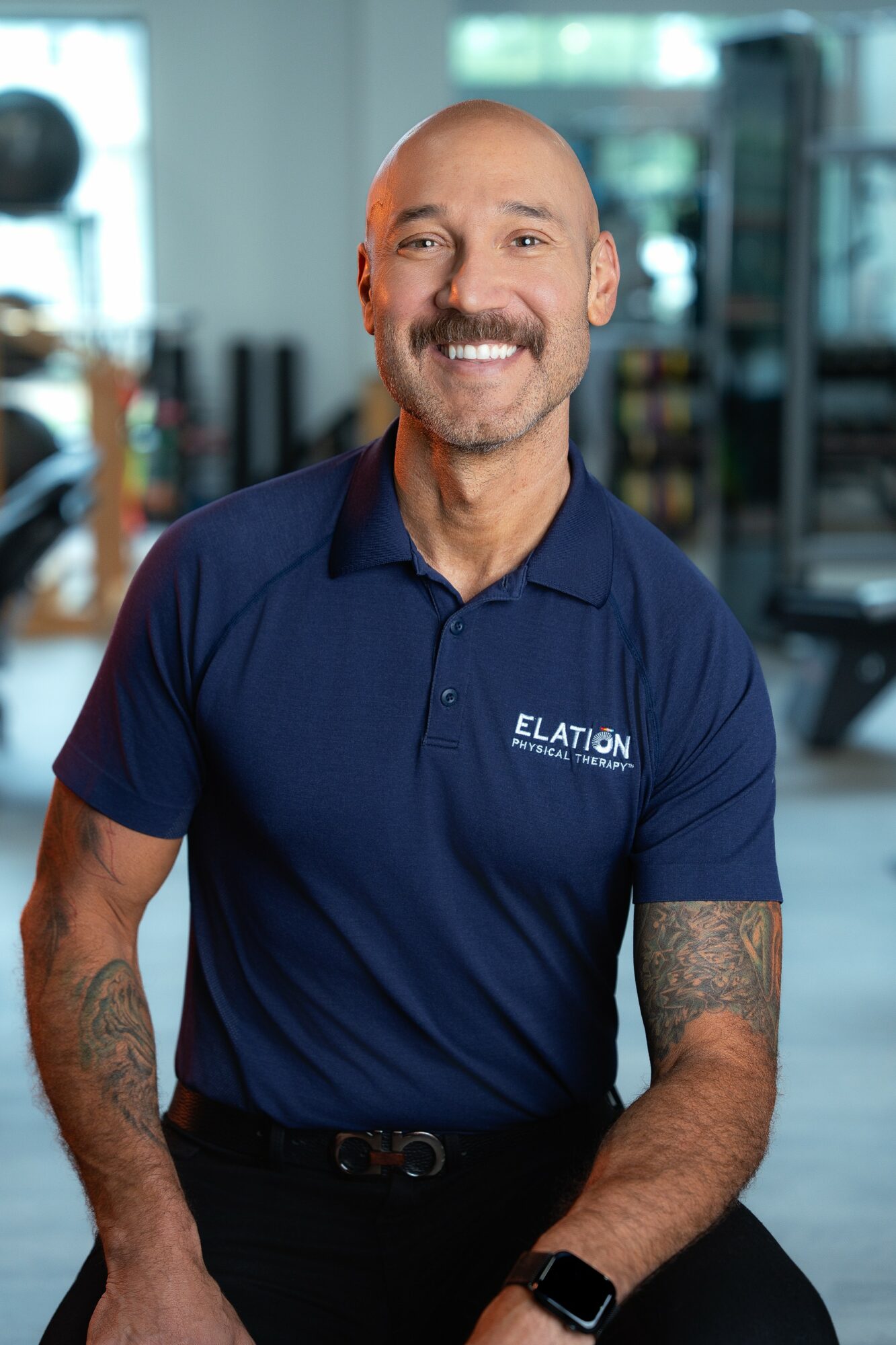
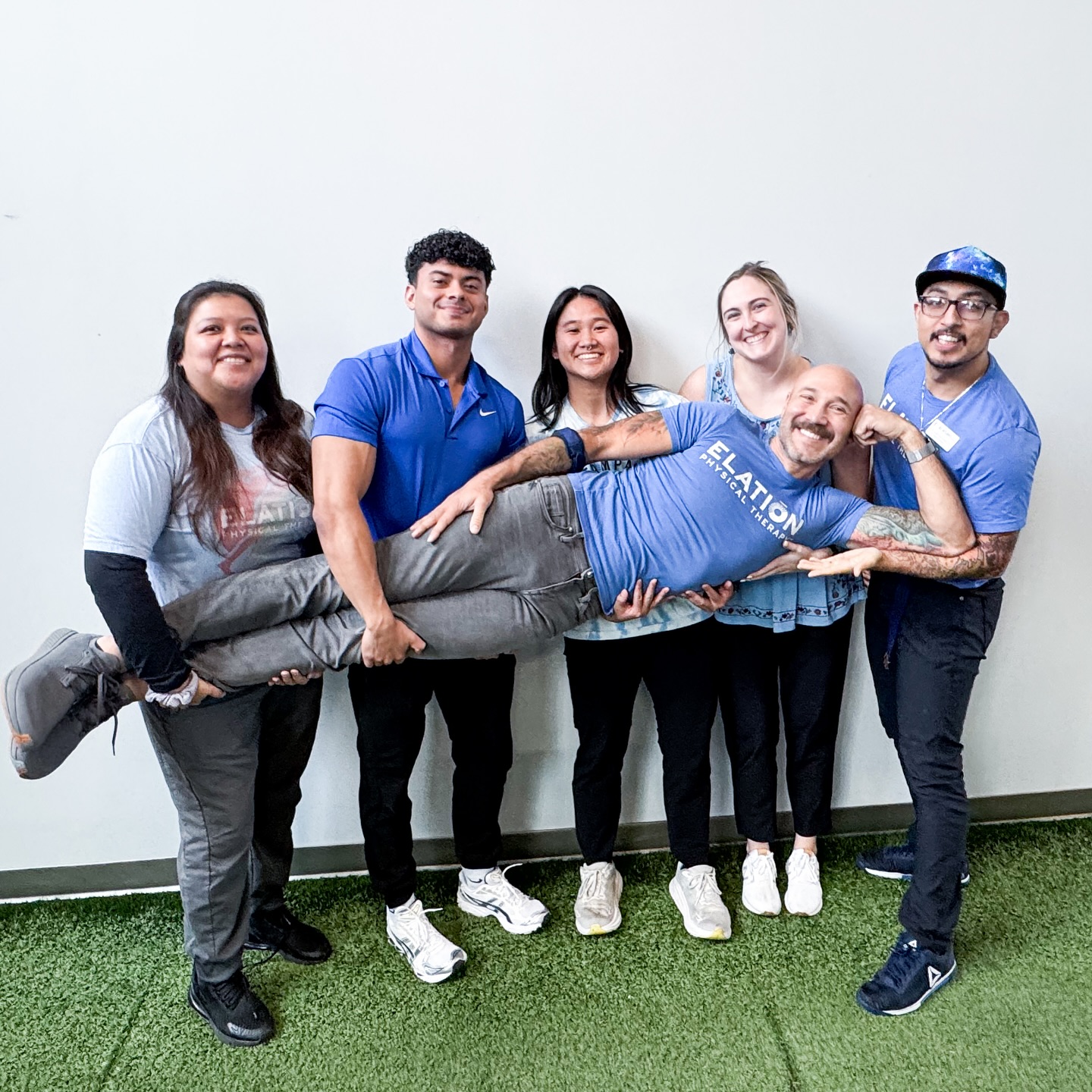
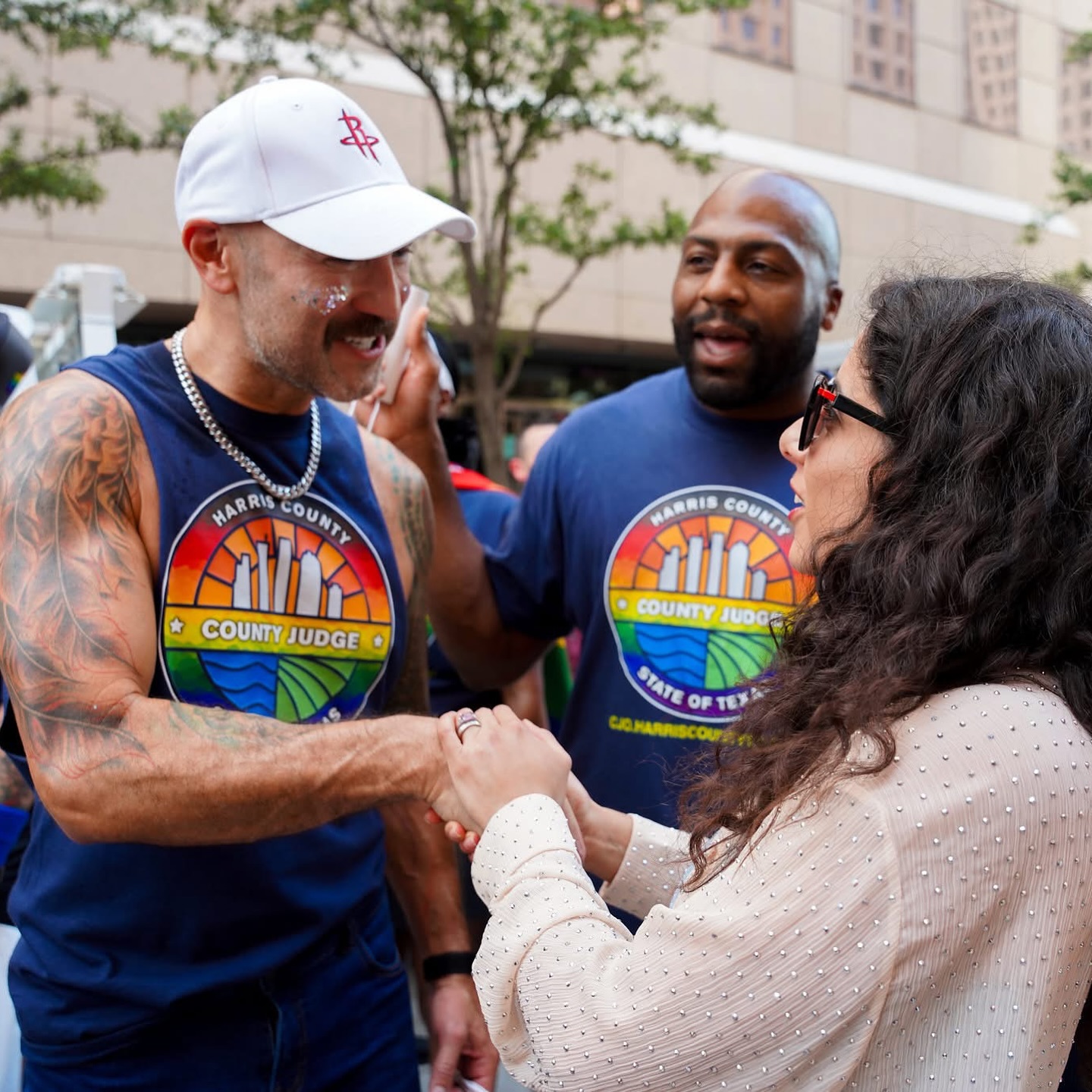
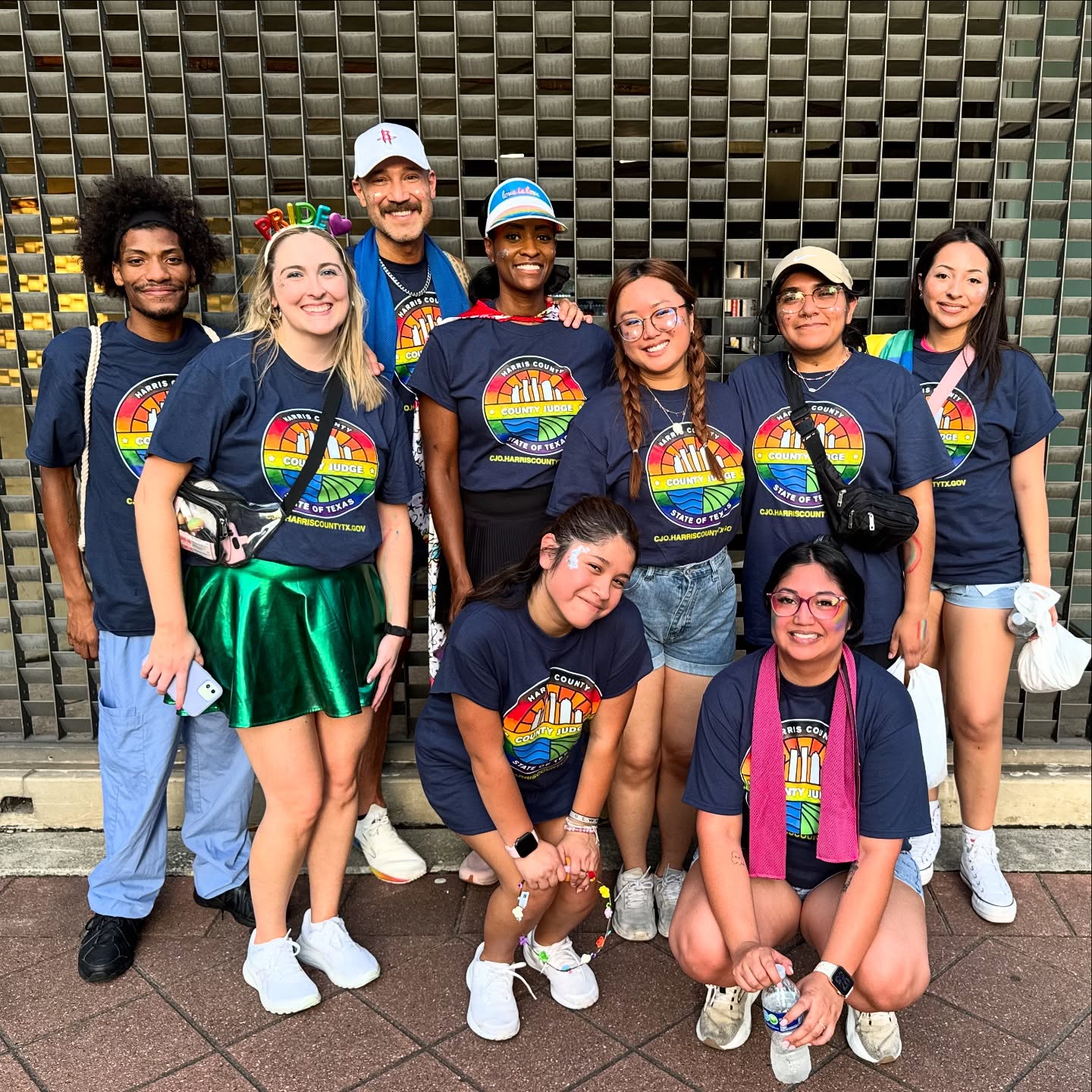
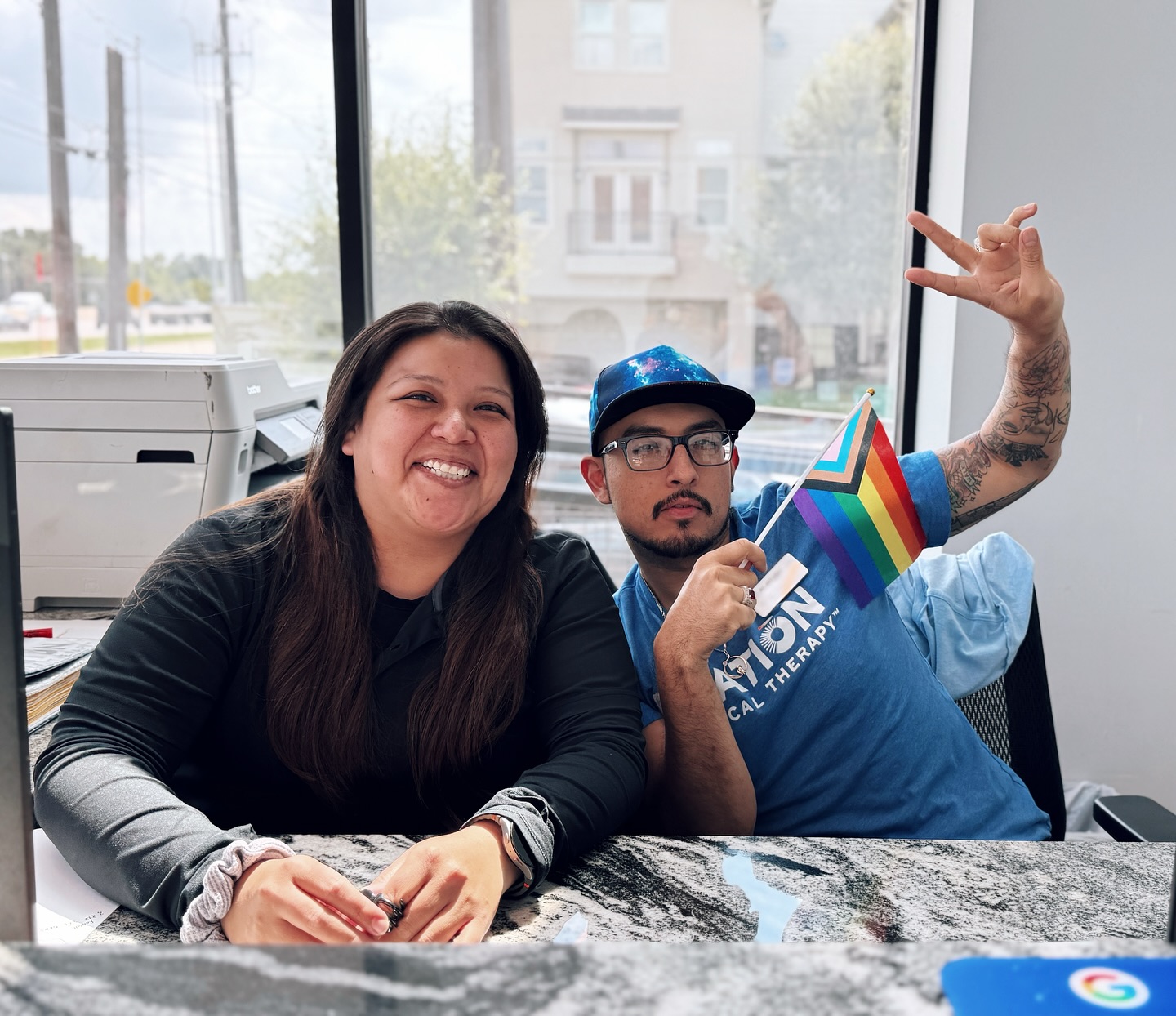
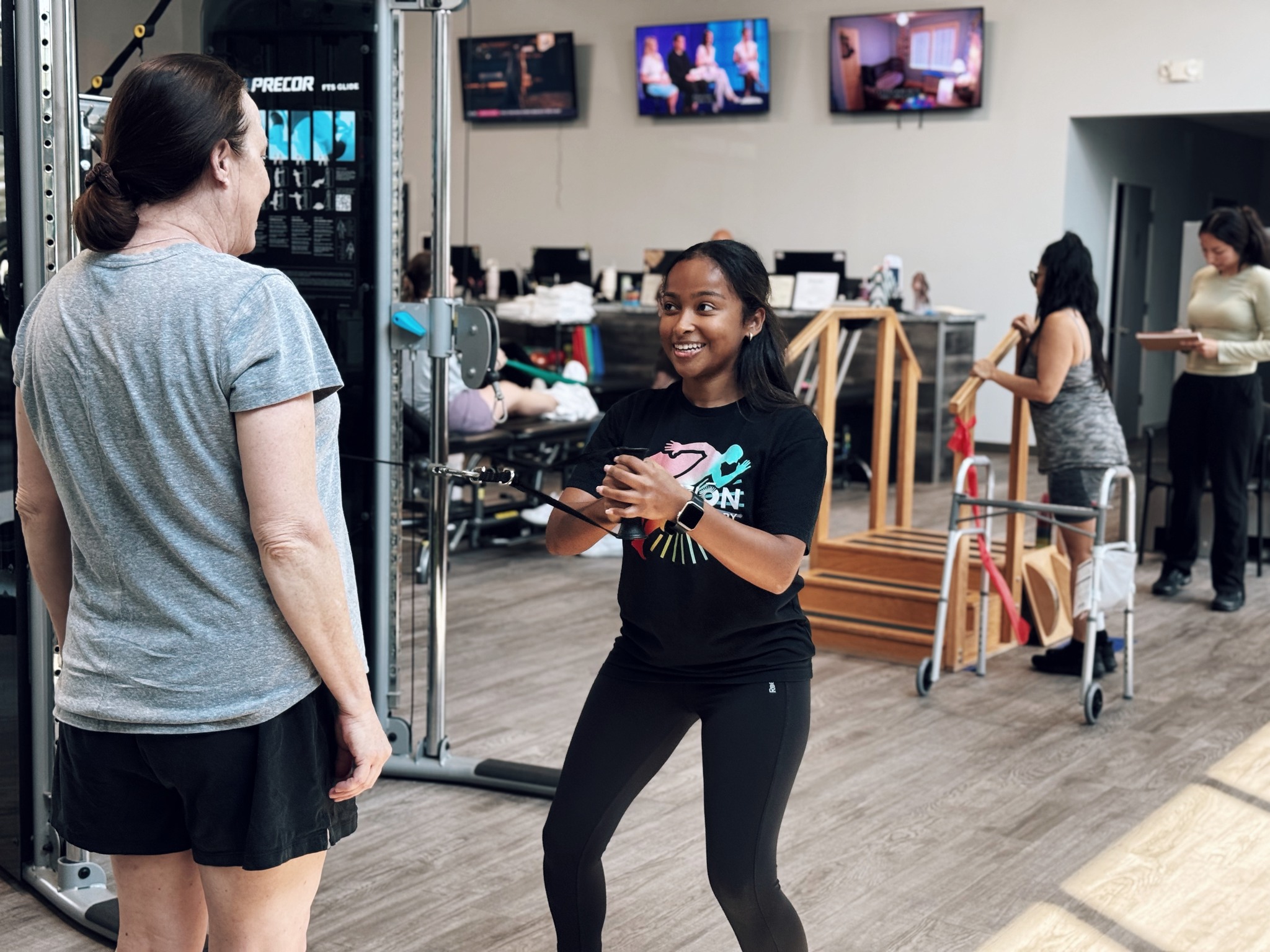
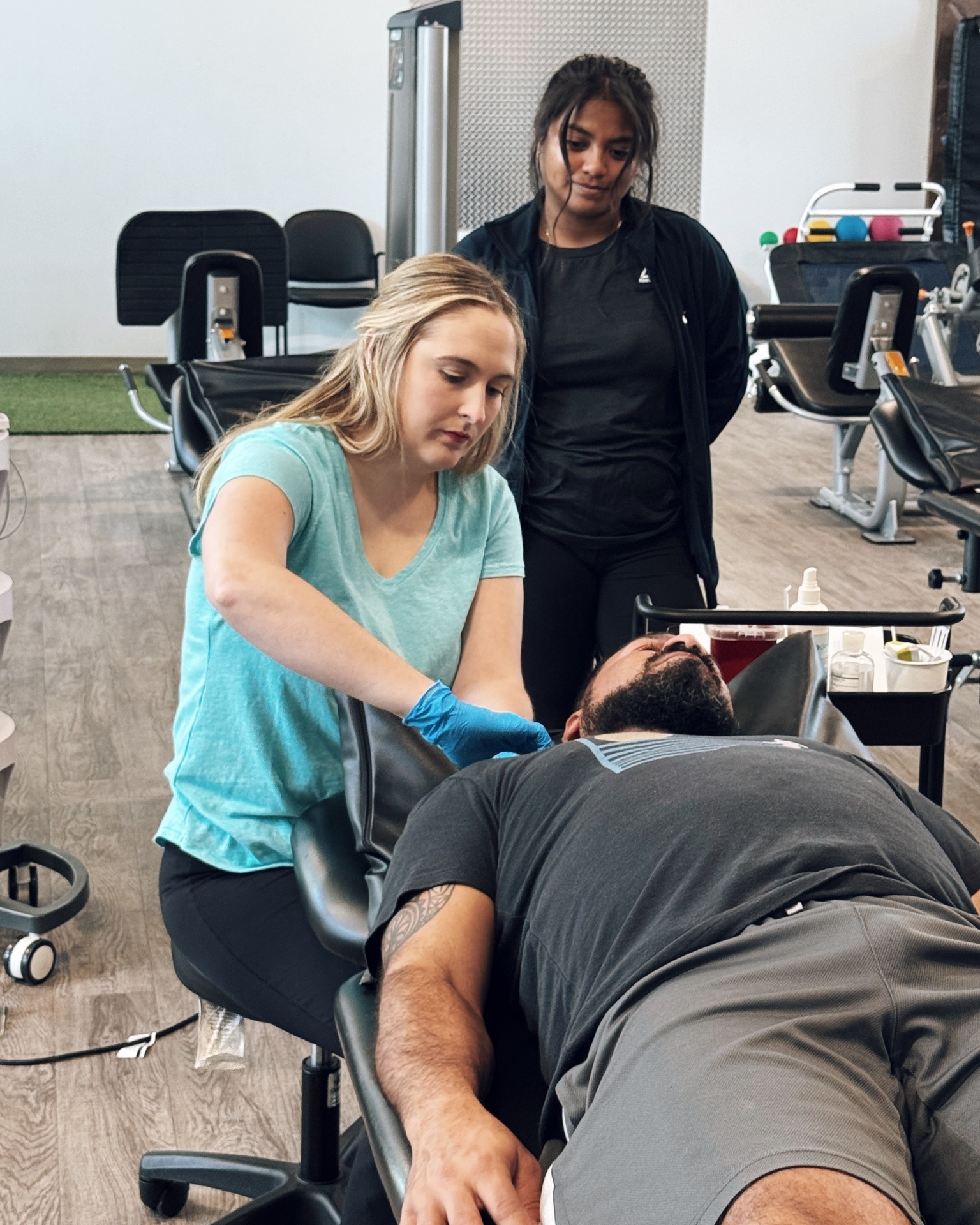
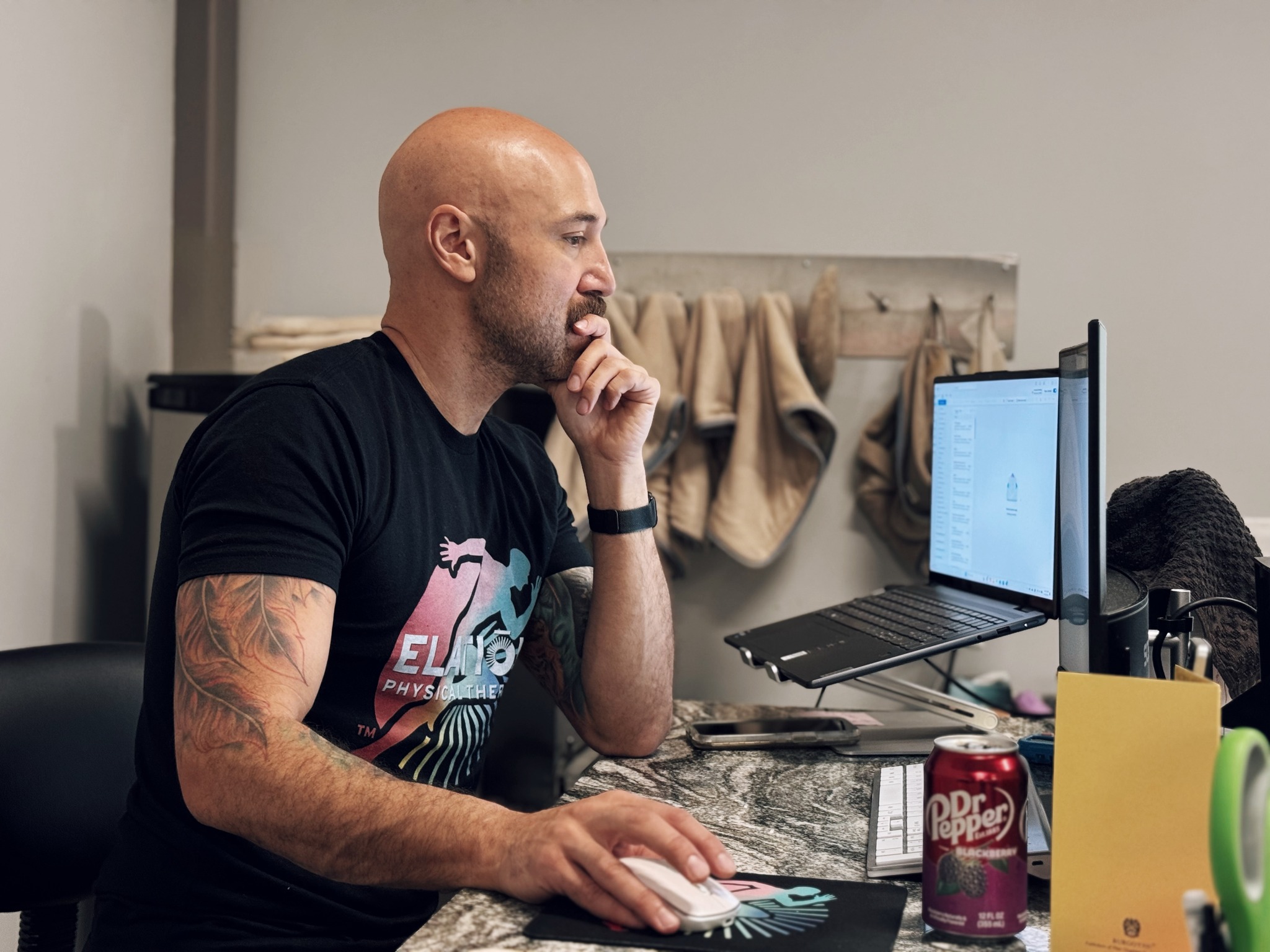
Image Credits
Dr. Roy’s headshots – Kayla Griffith, Marmalade Media
All other photos – Jason Gutierrez, Enigma Multimedia Marketing










